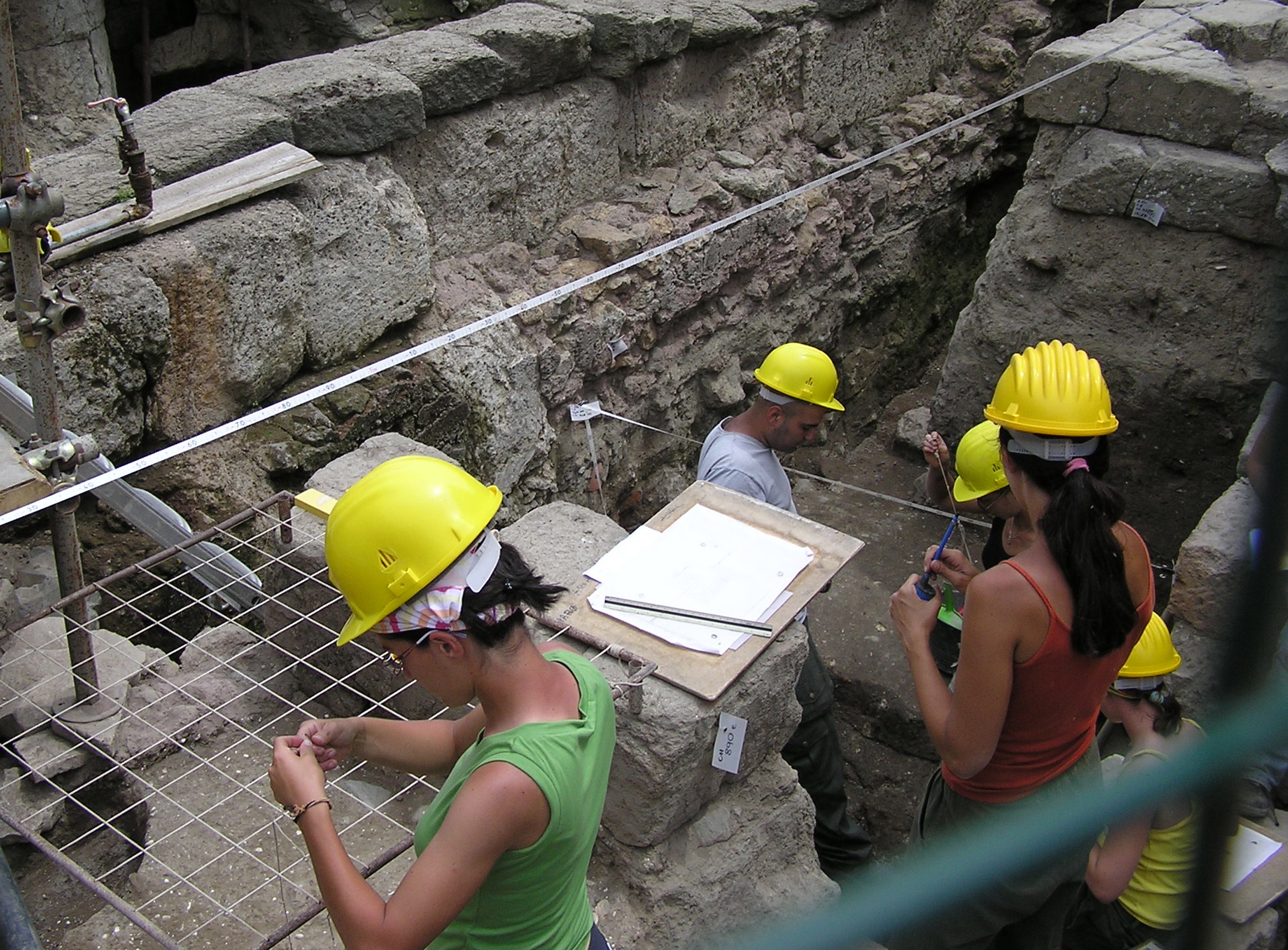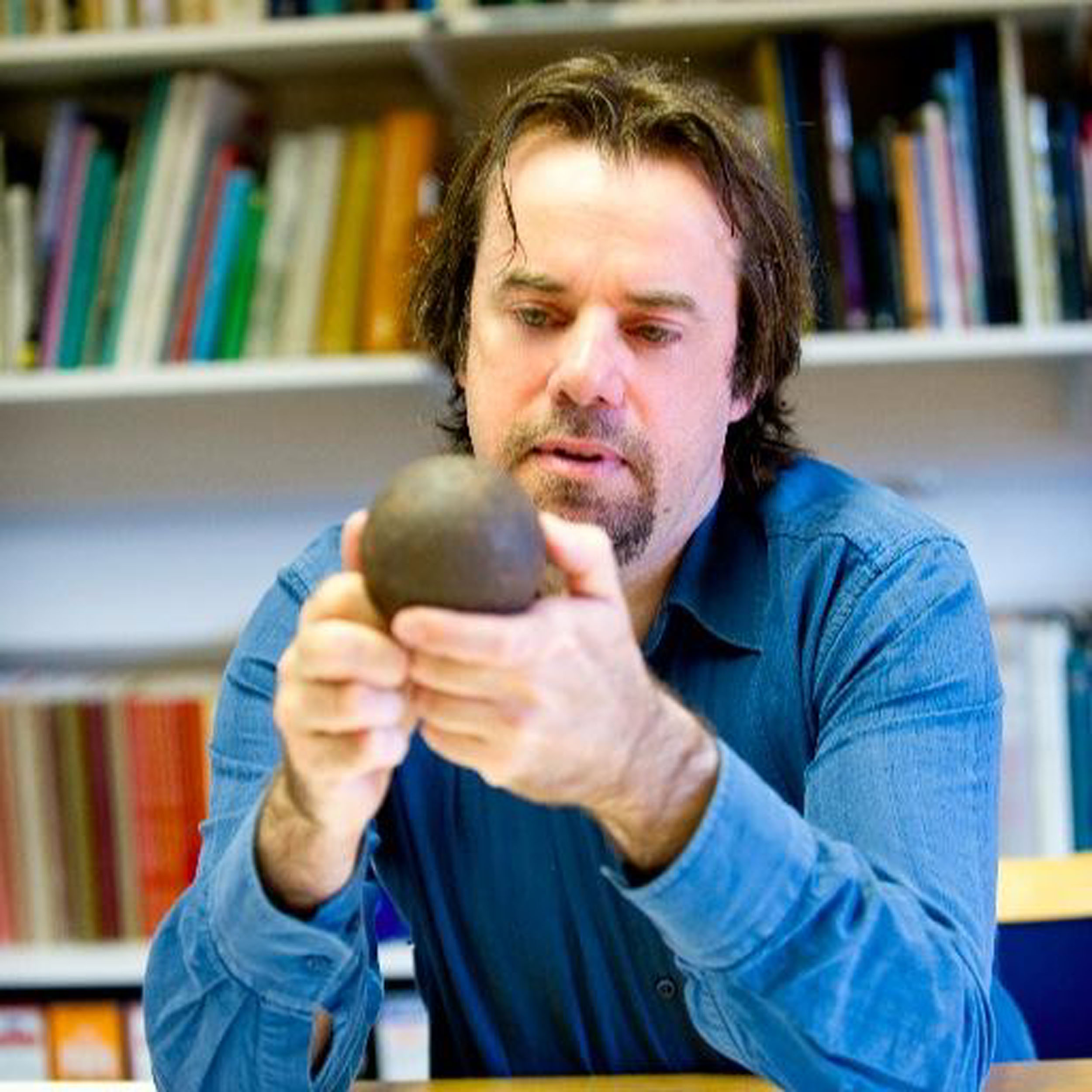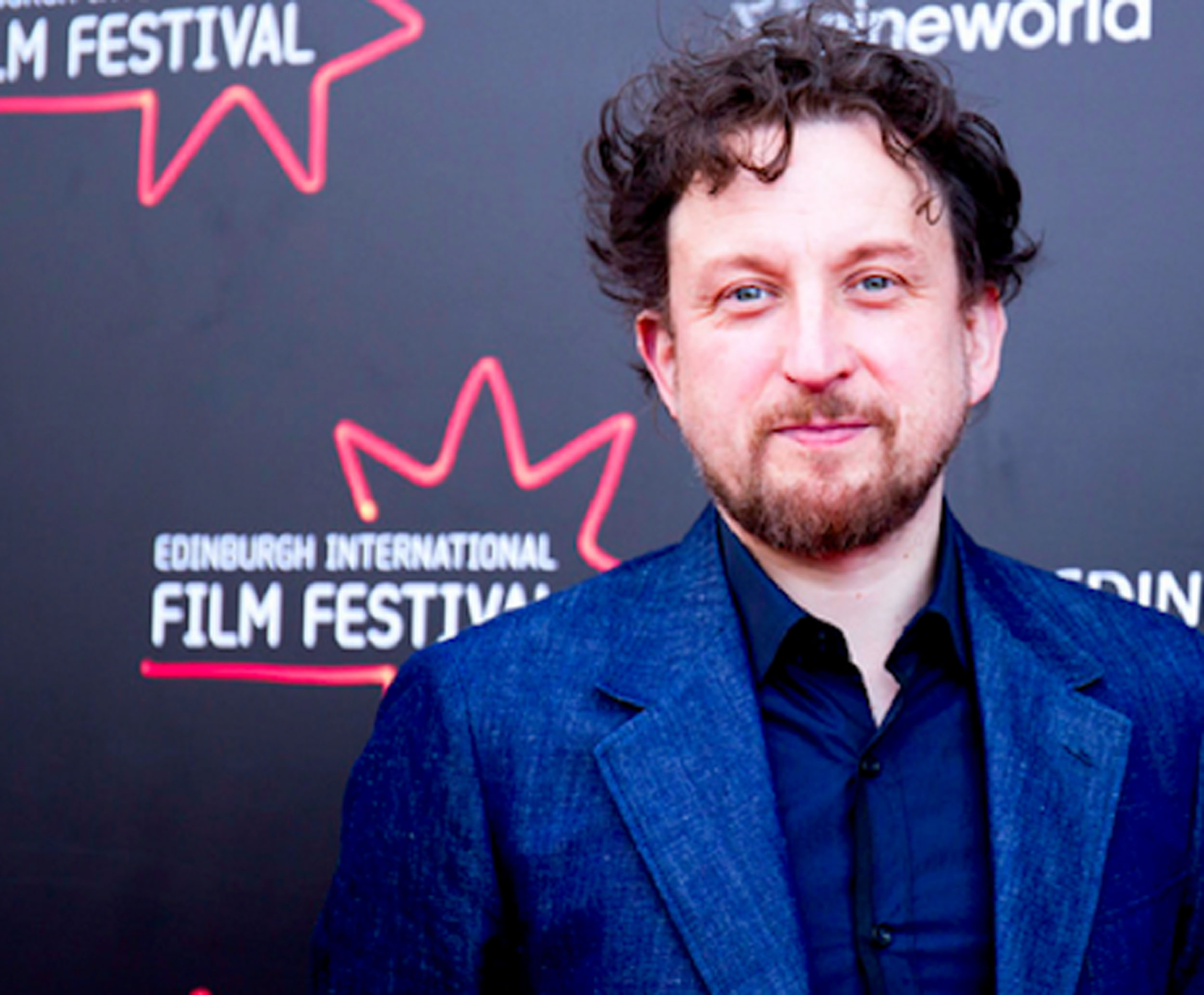TV archaeologist and professor Tony Pollard has revealed that he gives students the option to leave the room before showing them certain images in his lectures.
Pollard, an academic at the University of Glasgow, offers verbal “trigger warnings” to students who may be traumatised by such images.
The Professor of Conflict History and Archaeology uses newspapers as part of the course and also gives undergraduate archaeologists the chance to opt-out of seeing publications which contain images of topless women.
But the TV presenter, who appears alongside Neil Oliver in the BBC’s Two Men in a Trench, has denied he is being over-protective of students.
He claims that it would be “irresponsible” to show disturbing material in class without giving students the option to avoid seeing them.
Other academics and students have disagreed with Prof Pollard, and say that such warnings are “nonsense”.

Writing in The Conversation, an online academic journal, Prof Pollard said: “Some of the material I refer to in my classes is disturbing, with images of the dead appearing regularly. Some of it is material that disturbed me when I first encountered it, and it might well disturb my students.
“Archaeology is not just about old bones. There are times when skin, hair and fluids are involved, and yes, even old bones can heighten stress levels.
“As part of the Masters course on conflict archaeology and heritage at Glasgow University we present examples from forensic archaeology, at times using examples from crime scene cases we have worked on, some of them very unpleasant.
“It would be totally irresponsible for us not to issue a trigger warning before the class – which would allow the student to leave the room and catch up on course content in a manner more comfortable to them.
“This doesn’t make me or my students a wuss or mean that I need to man up – it makes me a human being and one sensitive enough to deal with the remains of the dead in a professional and respectful manner.”

Pollard wrote the article after trigger warnings given by Gabriel Moshenska, an archaeologist at University College London, were criticised.
He has previously issued warnings before teaching a class on the Falklands War, stating: “As I prepared for one recent class, I gathered examples from my own collection of British tabloid newspapers from 1982 as a primary source.”
Prof Pollard said he was concerned about six copies of a paper which included photos of topless women.
“Determined not to offend my students or prompt a complaint, my first inclination was to remove the pages, but I did not want to censor content, particularly as some of these images reflected on the jingoistic coverage of the war – showing models sporting a sailor’s cap or toting a rifle.”
Commenting on the article, he added: “Since I’ve issued trigger warnings I have not had any students walk out of classes.
“There’s hysteria about censorship when trigger warnings are mentioned. I’m not in favour of material not being used entirely, but I believe certain images should be prefaced with a notice.
“It’s just a notice to say, please feel free to step out of the room, take some air or whatever. I still want to show the images.”
He added: “I find it irritating when people say, ‘Oh they’re archaeologists, they are going to see bones and skeletons’.
“I teach a class on Far Eastern prisoners of war after the fall of Singapore. I show images of the Nanking massacre in the 1930s. There are images of Japanese soldiers bayoneting bound prisoners. They are shocking images. I have a responsibility to provide a prefix.”
Prof Pollard admitted that he too occasionally gets fed up with other people’s trigger warnings.
He said: “When I see Shakespeare being prefaced with a trigger warning I tend to roll my eyes at that too. It’s horses for courses.”
Trigger warnings have recently been criticised by several people involved in higher education.
Ewan Morrison, an author who writes about freedom of speech on campus, said: “[Professor Pollard] appears to have accepted the idea that young people need to be protected from things they might not already agree with.

“In terms of the neuroscience of learning, it is nonsense.
“We can’t lead better lives by excluding truthful and important things that we may find uncomfortable or threatening. We need to be told things that we don’t like to hear about ourselves.
“Enforcing historical amnesia, in the name of progessivism, has destroyed the institutional integrity of a number of American universities.
“It is shocking to see it happen here at the University of Glasgow, which is highly regarded and not known for pandering to its students.”

